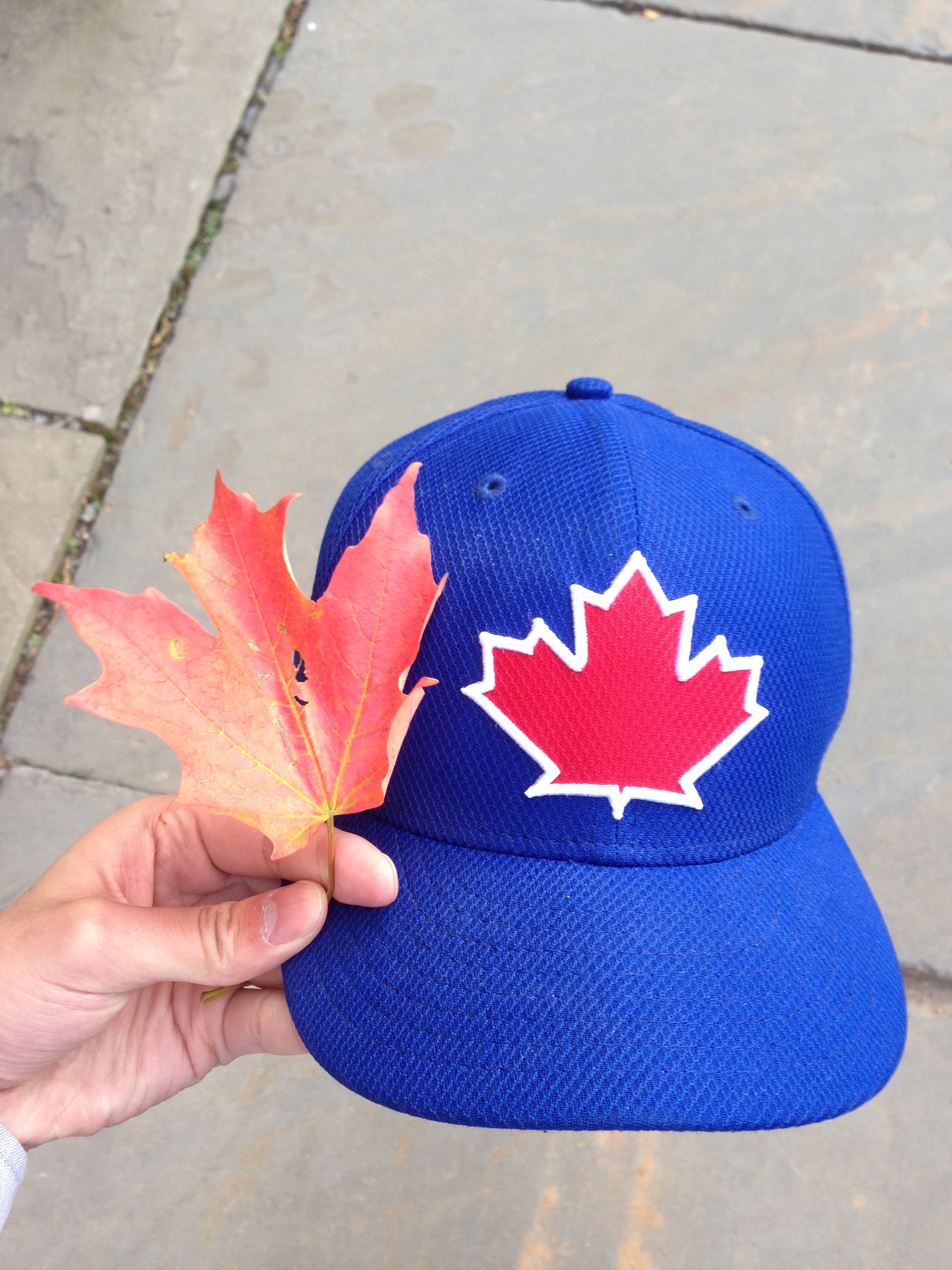
It’s a bit strange, being a Canadian at Princeton. While American culture is in many ways congruent with that of its northern neighbor, the two countries nevertheless diverge from one another in subtle, though important ways. Most of these distinctions are mere minutiae in the grand scheme of things, but for my fellow Canucks considering, attending or missing Princeton, I thought it might be worth enumerating a few of them.
Language
Perhaps the most immediate source of confusion came in discovering the foreignisms in my vocabulary. Canadian English, I soon learned, is in many small ways different from the American vernacular. Perhaps nowhere was this more evident than in the confusion around the word ‘washroom’, our apparently unique way of describing the location that houses toilets and sinks. This phrasing got me more than a few blank stares throughout freshman year.
The notion of attending a ‘college’ was also somewhat novel—in Canada, ‘college’ refers almost exclusively to small, diploma-granting community schools, and never to larger research institutions. Perhaps predictably, over the first few months here, my vocabulary slowly assimilated: I replaced “marks” with “grades,” substituted “second-year” for “sophomore,” and exchanged “postal code” for “ZIP code”.
To the surprise (and disappointment) of many of my American friends, however, I don’t pronounce “about” as “a-boot”.
Athletics
Collegiate athletics in the United States are, for many, equally if not more compelling than their professional counterparts. NCAA basketball and college football are widely broadcast and heavily attended, which is a far cry from Canada’s almost exclusive obsession with NHL ice hockey.
Princeton’s athletic program has been historically the strongest in the Ivy League, a characteristic underscored by the remarkable recent success of our undefeated women’s basketball team. For students here, athletic excellence is a point of pride, and our school’s identity is at least partly shaped by the success of our teams. By contrast, collegiate athletics in Canada are rarely celebrated with such fervor, and perhaps for that reason, institutional identity tends to be somewhat more amorphous north of the border.
Politics
Nearly every discussion of social issues here is colored by the bifurcated politics of the United States. While Canadians similarly share a broad spectrum of ideological beliefs (if perhaps more benign at each extreme), our conversations are not so rigorously tied to political affiliation; one rarely appeals to partisanship in the defense of their ideas.
For better or worse, it seems to me that a not-insignificant portion of campus dialogue is shaped by a certain dogmatism, where stances on issues tend to divide along party lines. That is not to say that Princeton lacks a robust and free exchange of ideas. It certainly does not, and over the past year and a half, it is fair to say that I’ve enjoyed some of the most stimulating and incisive exchanges of my life. Yet there is something distinctly American about how many debates boil down to a set of two dichotomous views, with the same social, economic and moral views frequently coalescing in regular and predictable ways.
The difficulty of navigating this polarized intersection is perhaps the reason that the American brand of politics is so compelling even for my peers studying north of the 49th parallel. Seeing it in action has been a wonderful privilege.
These are but a few of the cultural differences I’ve experienced here at Princeton. With surprising regularity, I stumble across nuanced differences between my Canadian identity and the American college experience. Of course, Canada and the United States are far more similar than they are distinct, and these social incongruities have invariably been more fascinating than frustrating. Still, as I reflect on my experience here, I ultimately find that studying in the United States has in many ways sharpened my sense of what it means to be a Canadian. Given the rather anodyne flavor of my country’s nationalism, it seems that it is only in contradistinction where the subtle elements of the Canadian identity emerge.






